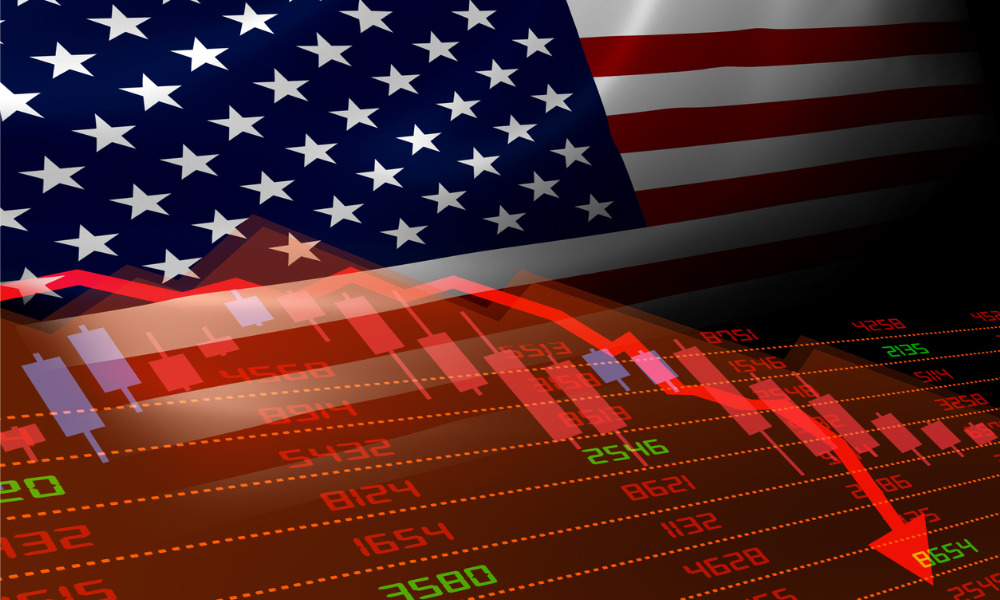

Economists raised their U.S. growth projections through early 2024 and trimmed recession odds to a one-year low as consumers continue to spend.
The economy probably expanded at an annualized 3.5% rate in the third quarter, the fastest in nearly two years, as forecasters marked up their household spending forecasts. And while growth is seen slowing in the following two quarters, economists in the latest Bloomberg monthly survey still marked up their estimates for gross domestic product.
A still-robust labor market continues to support household spending, despite the burden of high borrowing costs and inflation. Employment projections for the next year were revised higher, helping explain why economists now see even odds of a recession in the next year.
“The U.S. economy has had a stellar summer,” said James Knightley, chief international economist at ING. “Robust consumer spending has been the main driver, with households keen to maintain their lifestyles by tapping savings and borrowing on credit cards while inflation continues to eat into spending power.”
Respondents see the personal consumption expenditures core price index, which excludes food and energy, rising an average 2.6% in 2024 — matching last month’s projection.
While the median forecast indicates economists think the Federal Reserve is done raising interest rates, they also anticipate a slower pace of rate cuts next year. That may be due in part to strong economic data that will likely keep interest rates higher for longer, as well as a recent surge in longer-term Treasury yields that’s causing financial conditions to tighten.
Fed Chair Jerome Powell said in a speech Thursday that “persistent changes in financial conditions can have implications for the path of monetary policy.”
“Given the uncertainties and risks, and how far we have come, the committee is proceeding carefully,” Powell told the Economic Club of New York.
Among potential headwinds for economy are the resumption of student-loan payments, dissipating savings from the pandemic, high borrowing costs and a strike at the nation’s three largest automakers.
“Despite current economic readings coming in stronger, we still expect a mild recession to unfold in 2024,” said Kathy Bostjancic, chief economist at Nationwide Life Insurance Co. “The jump in yields that underpin borrow rates will engineer a slowing in employment and income growth that leads to a pull back in consumer spending.”
The Bloomberg survey was conducted between Oct. 13-18 and included responses from 74 economists.

Rajesh Markan earlier this year pleaded guilty to one count of criminal fraud related to his sale of fake investments to 10 clients totaling $2.9 million.

From building trust to steering through emotions and responding to client challenges, new advisors need human skills to shape the future of the advice industry.

"The outcome is correct, but it's disappointing that FINRA had ample opportunity to investigate the merits of clients' allegations in these claims, including the testimony in the three investor arbitrations with hearings," Jeff Erez, a plaintiff's attorney representing a large portion of the Stifel clients, said.

Chair also praised the passage of stablecoin legislation this week.

Maridea Wealth Management's deal in Chicago, Illinois is its first after securing a strategic investment in April.
Orion's Tom Wilson on delivering coordinated, high-touch service in a world where returns alone no longer set you apart.
Barely a decade old, registered index-linked annuities have quickly surged in popularity, thanks to their unique blend of protection and growth potential—an appealing option for investors looking to chart a steadier course through today's choppy market waters, says Myles Lambert, Brighthouse Financial.
